Delta-8 THC is a compound naturally found in similar proportions in cannabis plants which is also known as delta-9 Tetrahydrocannabinol. Delta-8 gives a milder high than Delta-9 allowing users to experience some level of euphoria and relaxation but with perhaps less levels of anxiety or paranoia.
Delta 8 being a hemp-derived compound has gained some level of acceptance because of the general belief that it is permitted under the legislative provisions of the 2018 U.S. Farm Bill which legalized the growing and selling of hemp and its by-products with a small quantity (0.3% or less) of Delta-9 THC present.
Nevertheless, the legal picture is still not clear as some states have outlawed its sales. Although products containing Delta-8 are sold in a wide range of forms including gummies, vapes, and tinctures, their use thus far has raised concerns amongst users and regulators regarding the safety and effects beyond their short-term use which has not been fully investigated yet.
Delta-8 THC Legal Status State by State
As of 2024, the current legal status of Delta-8 THC in the United States is presented below, organized by state. Caution however; this legal status may differ within individual states due to specific rules and enforcement of federal law.
| State | Legal Status of THC |
|---|---|
| Alabama | Legal, age-restricted to 21+ |
| Alaska | Illegal |
| Arizona | Illegal |
| Arkansas | Illegal |
| California | Legal, regulated within marijuana programs |
| Colorado | Illegal |
| Connecticut | Legal, regulated within marijuana programs |
| Delaware | Illegal |
| Florida | Legal, restricted to 21+ |
| Georgia | Legal, though regulations unclear and enforcement can vary |
| Hawaii | Gray area; mostly restricted to non-smokable products |
| Idaho | Illegal |
| Illinois | Legal, must comply with testing and labeling requirements |
| Indiana | Legal |
| Iowa | Legal for hemp-derived only with low THC limits; smokeables banned |
| Kansas | Legal in low-THC formulations only; many commercial products exceed limits |
| Kentucky | Legal following 2022 ruling but restricted to 21+ |
| Louisiana | Legal, capped THC per serving, age-restricted |
| Maine | Legal |
| Maryland | Legal |
| Massachusetts | Hemp-derived illegal; marijuana-derived Delta-8 allowed |
| Michigan | Legal only within marijuana regulatory framework |
| Minnesota | Legal, will be integrated into marijuana regulations by 2025 |
| Mississippi | Illegal |
| Missouri | Legal |
| Montana | Illegal |
| Nebraska | Gray area; limited enforcement but THC cap restrictions |
| Nevada | Legal within regulated THC framework |
| New Hampshire | Legal |
| New Jersey | Legal |
| New Mexico | Legal |
| New York | Illegal, including any synthetic or isomerized THC |
| North Carolina | Legal |
| North Dakota | Legal, restricted to low THC products |
| Ohio | Legal |
| Oklahoma | Legal |
| Oregon | Legal, regulated through marijuana programs |
| Pennsylvania | Legal |
| Rhode Island | Legal |
| South Carolina | Legal |
| South Dakota | Legal |
| Tennessee | Legal |
| Texas | Legal, restrictions on synthetic forms apply |
| Utah | Illegal |
| Vermont | Illegal for synthetic or isomerized THC products |
| Virginia | Legal |
| Washington | Legal, regulated within state THC laws |
| West Virginia | Legal |
| Wisconsin | Legal |
| Wyoming | Legal |
Regulation regarding the legality of Delta-8 THC mostly depends on how each state views the 2018 Farm Bill. States which are stricter often have laws against synthetic THC or prohibit the levels of THC in any products. More often than not, states which have legalized recreational or medical marijuana have provisions for sale of Delta-8. Check the status of the relevant laws in your state since they are prone to change.
How much is there in delta-8?
Delta-8 THC is a naturally occurring constituent of cannabis; however it is usually found in very low levels, less than 1% of the total amount of cannabinoids found in the plant. As such, the prospects for obtaining it are poorer than that of the more common delta-9 THC or even CBD.
In order to have commercial quantities of delta-8, most of the manufacturers will change the CBD extracted from the hemp and convert it into THC using chemical isotopes where THC structure of the starting compound is modified resulting into delta-8 THC..
Just as delta-9 has similar anecdotal effects on human beings, so does delta-8 but the latter seems to be less potent as most users tend to describe its effects as mild and not many psychotic symptoms such as anxiety are reported.
Read About: What is Delta 8 THC? Everything you need know
Because of its withheld quantities, delta-8 products like gummies, tinctures, and vapes usually feature delta-8 howers synthesized from the legal delta-8 CBD wherein compliance with federal prohibits delta-9 consumption of hemp containing lazily 0.3 percent of d9 on dry weight basis.
It is for this reason that market growth of delta-8 has been noted largely due to the perception that it is an acceptable alternative to any consumer wishing a psychoactive effect where either recreational or medical marijuana is still prohibited. Nonetheless, this high is quite different in each state where it’s consumed and more policies on its use are still changing throughout the country.
Is delta-8 safe?
At present, the research is underway related to the safety aspects of one of the products derived from hemp, delta-8-THC. Delta-8-THC, like delta-9-tetrahydrocannabinol (THC), is a primary psychoactive constituent associated with marijuana, shares similar structures with other compounds found in cannabis, but the extent of its psychoactive effects is thought to be comparatively less.
The delta-8-THC market, however, is also engaged in full saturation marketing, where it is promoted as one that is milder than THC, which of course is true and legal in pretty much every State. However, a great deal of work has not been undertaken in explaining the delta-8 safety spectrum kama, and several paper issues are still present.
As an example, although several delta-8 goods are available on the market, their processes of manufacturing may not be adhered to the best practices, hence the extent of their purity and potency may differ. In cases where the products are manufactured incorrectly, heavy metals, solvents and pesticides among other impurities may be included uncontrolled which may be hazardous to consumer health.
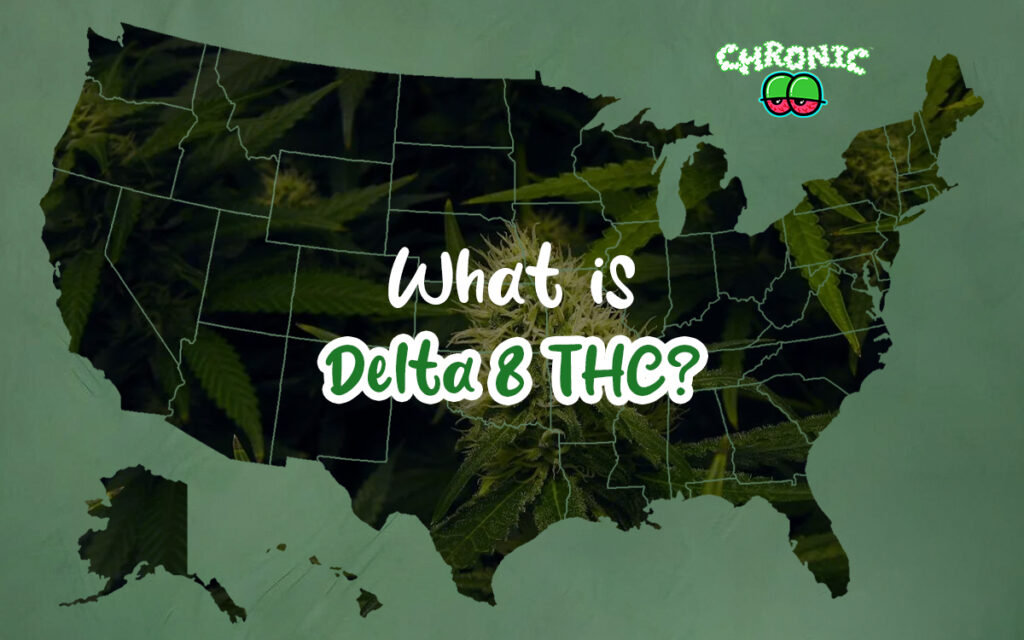
Also, they may have produced some adverse reactions in other individuals which included but were not limited to delusions and hallucinations as well as causing anxiety particularly in high doses. A closer look at the advantages and disadvantages of the schism on delta-eight is that it has not been approved by the FDA for any use considered safe and there rests no data pertaining to health risks posed by extended exposure.
To add to that, its edibles have finished emphasizing all health safety matters and focused on cautioning the public about any health implications of delta-8. Still, the extent of safety of delta-8 remains elusive due to the absence of Diligence hypothesized studies and regulations implemented.
Until more comprehensive research is done and sound recommendations are made, it would be better to avoid delta-8 use. A more vigorous approach would be to seek and obtain permission to use it.
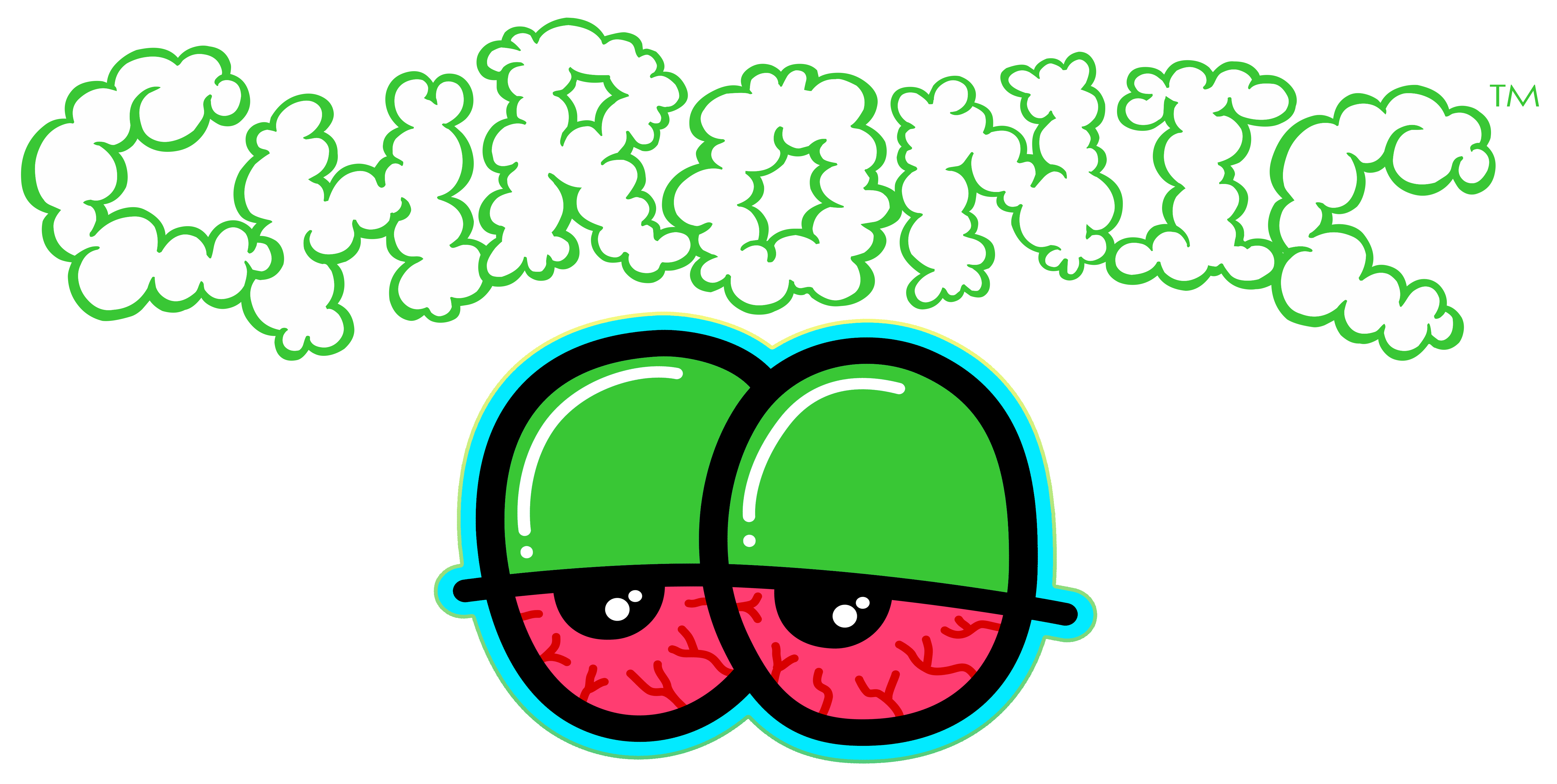
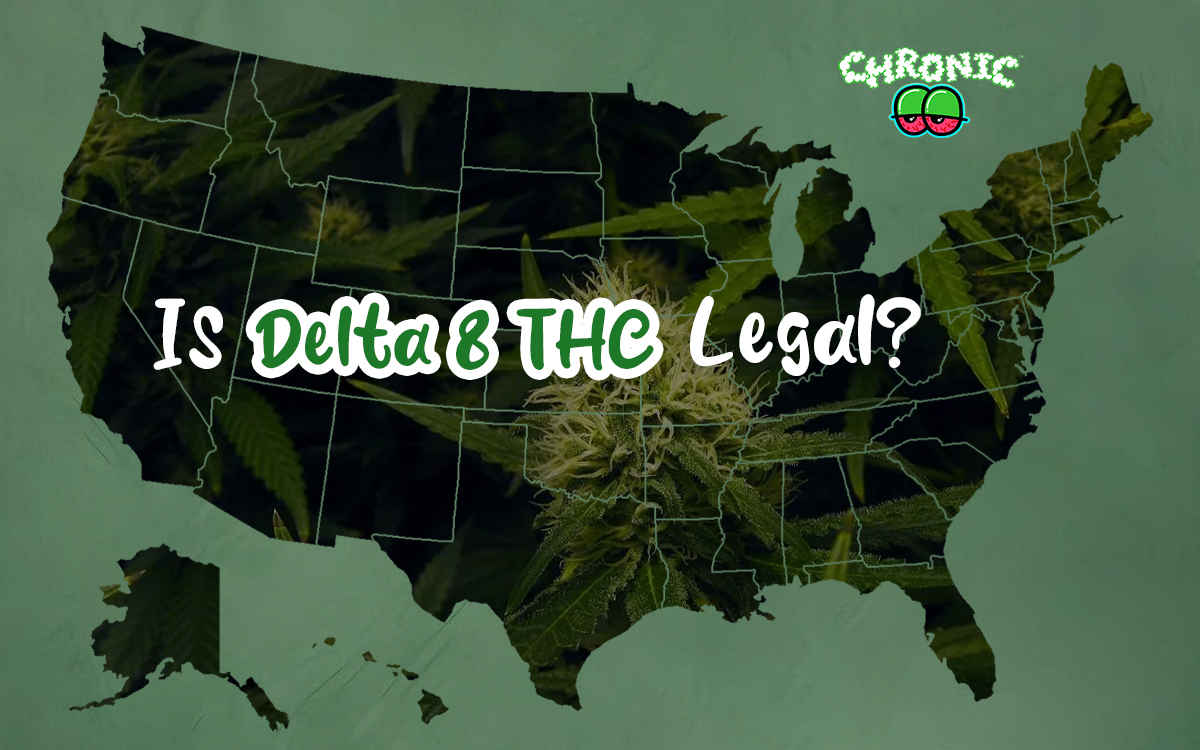
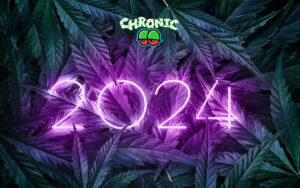
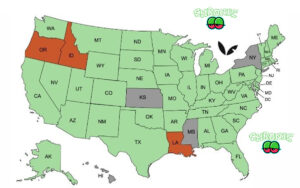
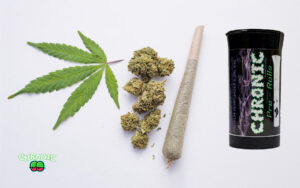
Pingback: THCA Pre Rolls Legality State by State Guide - Chronic THCA
Pingback: Where Is Edibles Legal? A Guide To All 50 States - Chronic THCA
Pingback: How Old Do You Have to Be to Buy Delta 8? Age Requirements | Elyxr